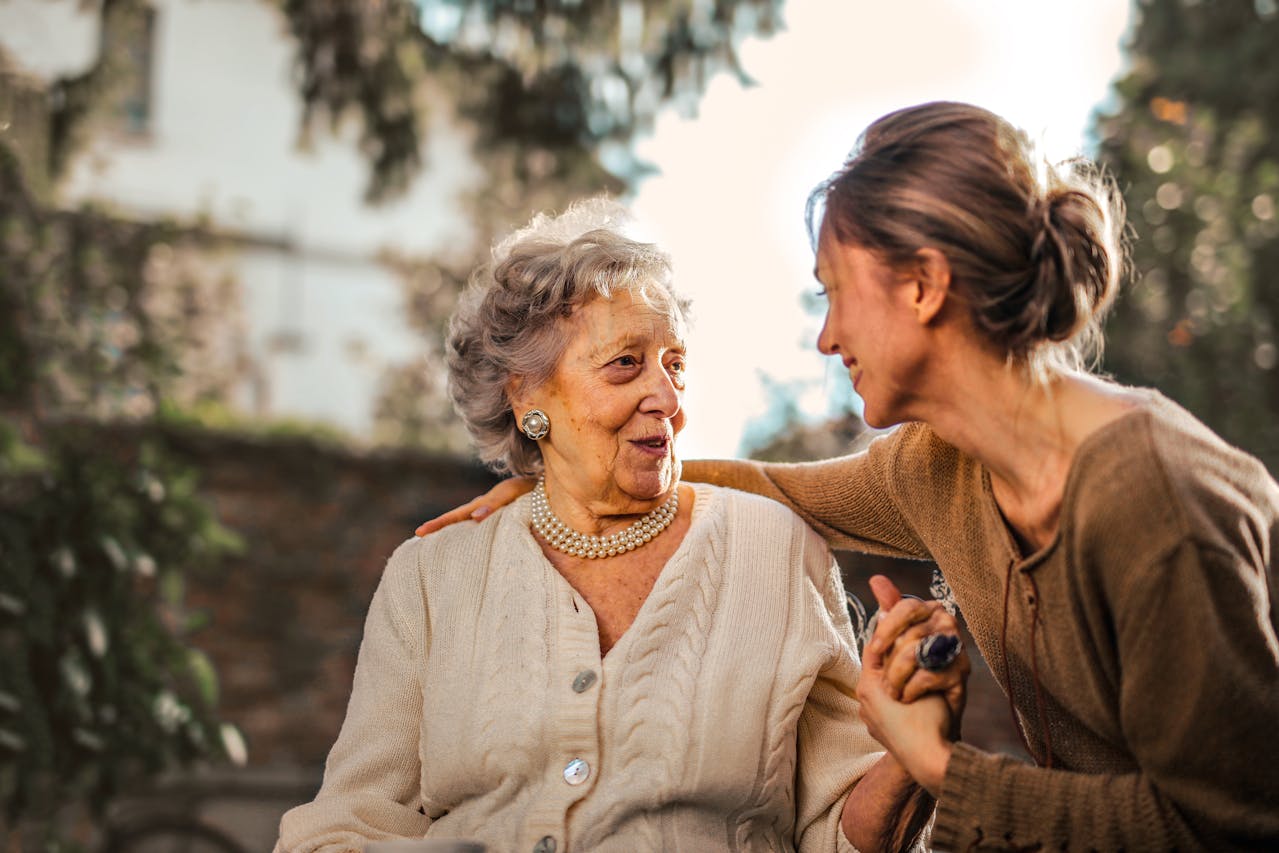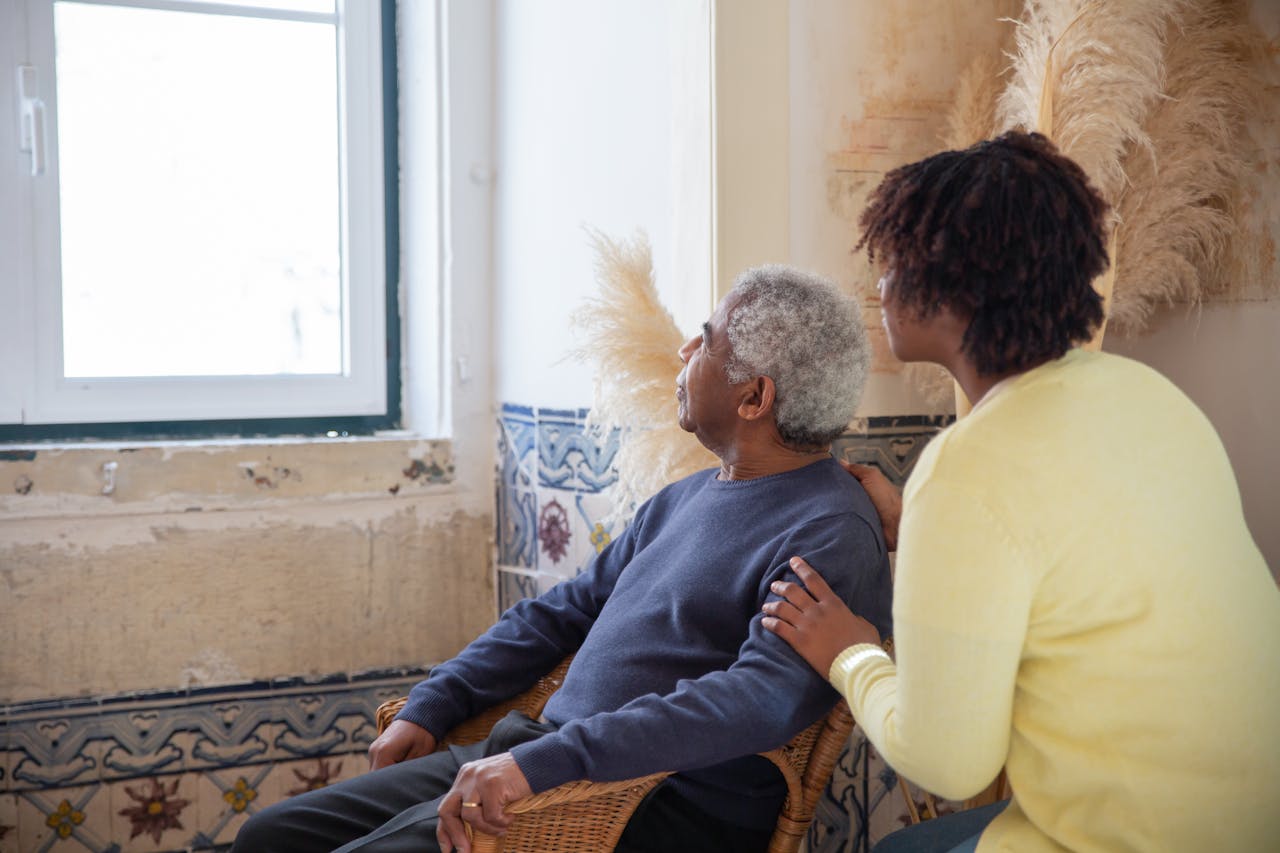
When you take on the role of caring for aging loved ones, it’s like stepping into a world where love and responsibility intertwine. While rewarding, this commitment can often feel overwhelming, especially when trying to maintain your wellbeing. Learn how to effectively balance self-care while supporting your aging relatives, ensuring a harmonious and healthy life for you and your loved ones.
Understanding the Demands of Caring for Aging Loved Ones
Caring for aging loved ones involves more than just assisting with their daily needs. It includes being an emotional support, managing medical appointments, and often making tough decisions. Recognizing the extent of these responsibilities is the first step in balancing them with your personal needs. As caregivers, acknowledging the weight of these duties helps in planning and seeking the necessary support.
This role often requires adapting to changing health conditions, understanding complex medication regimens, and navigating the healthcare system. It also involves staying attentive to the emotional and social needs of your loved ones, ensuring they feel valued and connected. Being informed about the specifics of their health issues, potential treatments, and daily care requirements is also vital. This knowledge aids in providing better care and empowers you to make informed decisions for their wellbeing.
The Importance of Setting Boundaries
One of the key strategies in maintaining balance is setting clear boundaries. You need to define limits to what you can realistically do and communicate these boundaries with family members and the senior loved one you’re caring for. This might include allocating specific times for caregiving tasks and scheduling periods for your personal activities. Boundaries are not just about time management; they’re also about preserving your emotional and mental health.
Establishing these boundaries also involves learning to say no when necessary and understanding that you can’t be everything to everyone. It might mean delegating tasks to other family members or hiring outside help for certain duties. Setting boundaries also helps prevent family caregiver burnout, a common issue that can arise from chronic stress and over-commitment. Clearly defining your limits protects your wellbeing and warrants you are providing the best care possible, as a well-rested and healthy caregiver is more effective and compassionate.

Seeking and Accepting Help
Remember that it’s okay to ask for help. Whether it’s other family members, friends, or professional services, reaching out can provide much-needed support. Utilizing resources such as home health aides, meal delivery services, or senior daycare facilities can significantly lighten your load. Accepting help is not a sign of weakness; it’s a smart strategy to ensure you are not overburdened.
In certain situations, the assistance required might involve relocating your aging loved one to a more suitable living arrangement. This could mean moving closer to you for easier care or to a facility that offers specialized care. In such cases, finding reliable and compassionate movers is very important. For those in Southern California, specifically, local movers in Orange County offer specialized services that guarantee a smooth and stress-free transition for your loved ones. Therefore, make sure you hire professionals who understand the unique needs of relocating seniors.
Prioritizing Self-Care
Amidst the responsibilities of caring for aging loved ones, your self-care should not take a backseat. This includes physical activities, hobbies, socializing, or simply taking time to relax. Prioritize activities that rejuvenate you and bring joy. Self-care is necessary for maintaining your health and the quality of care you provide. This also includes getting enough sleep, eating well, and having regular medical check-ups.
Likewise, don’t overlook the importance of mental health. Activities like meditation, yoga, or even brief moments of mindfulness throughout the day can be incredibly beneficial. Remember, your ability to care for others is greatly influenced by how well you care for yourself. Establishing a routine that incorporates these self-care practices can provide a much-needed balance in your life.

Effective Communication with Aging Loved Ones
You must have open and honest communication with your aging relatives. Discuss their needs, preferences, and expectations. It’s equally important to express your own limits and needs. This dialogue can lead to a better understanding and a more cooperative caregiving environment.
Effective communication also involves active listening, showing empathy, and sometimes having difficult conversations about health and future plans. It’s important to approach these talks with sensitivity and respect, acknowledging the emotions and challenges that may arise. Encouraging your loved ones to express their feelings and concerns is equally important, as it helps them feel heard and respected in the caregiving process.
Managing Emotional Challenges
Caring for aging loved ones often comes with many emotional challenges. Feelings of guilt, frustration, or sadness are common. Acknowledge these emotions and seek support when needed. This could mean talking to a therapist, joining a support group, or simply sharing your feelings with friends or family.
Recognize the signs of family caregiver stress, such as irritability, fatigue, or changes in appetite. Seeking professional help is not a failure but an important step in managing your emotional health. Regularly engaging in activities that bring you happiness and relaxation can also help mitigate these challenges, keeping your emotional wellbeing in check.
Staying Informed and Organized
Staying informed about your loved one’s medical condition and senior care requirements can help you feel more in control and prepared. In addition, keeping organized records of medical information, appointments, and medications can reduce stress and improve the efficiency of caregiving. Utilizing tools like calendars, apps, or notebooks for tracking can be extremely helpful.
Regular communication with healthcare providers is key to staying updated on any changes in health status or medication. Being proactive in learning about the condition of your senior loved one, potential complications, and senior care techniques can also empower you in your caregiving role.
Creating a Supportive Community
Building a community of support is invaluable. This can include family, friends, healthcare professionals, and caregiver support groups. A supportive community can offer advice, emotional support, and practical help, making the caregiving path less isolating.

Taking Time for Reflection and Adjustment
Regularly take time to reflect on how the caregiving arrangement is working for both you and your loved one. Be open to making adjustments as needed. This could involve changing routines, seeking more help, or even reconsidering the caregiving setup if it becomes unsustainable.
Finding Harmony in Caregiving
While caring for aging loved ones is a profound and meaningful role, make certain to strike a balance with your self-care. Setting boundaries, seeking help, prioritizing your wellbeing, and maintaining open communication will enable you to effectively manage the dual role of caregiver and self-care advocate. Taking care of yourself in the process is beneficial for you, but it also guarantees you are at your best when caring for your loved ones.
Salus Los Angeles is here to support family caregivers as they care for their aging loved ones. Our respite support and in home care programs empower you to take care of your own needs while knowing your loved one is safe and comfortable at home. Contact us to learn more about this program or schedule a consultation.

